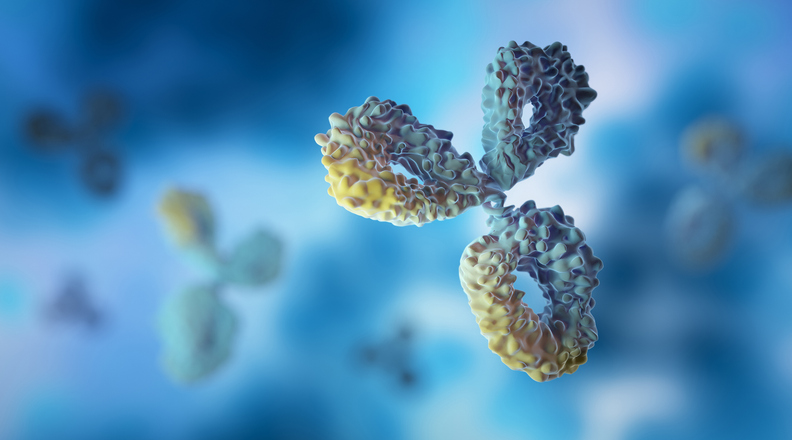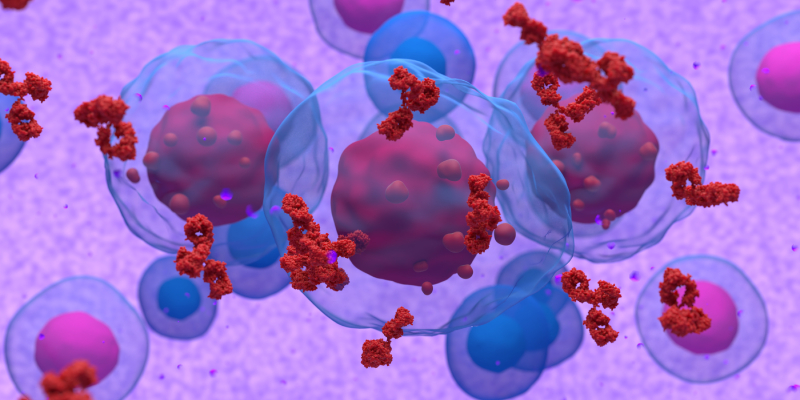
Mezigdomide, tazemetostat, and dexamethasone demonstrated promising efficacy and safety in patients with relapsed or refractory multiple myeloma (MM), according to preliminary data from the CA057-003 phase I/II trial.
The study was led by Luciano Costa, MD, of the University of Alabama at Birmingham, and presented at the 21st International Myeloma Society Annual Meeting in Rio de Janeiro, Brazil.
Thirteen patients (median age, 67) were included in the study. All patients had progressive disease, an Eastern Cooperative Oncology Group performance status score ≤1, an absolute neutrophil count ≥1000/μL, and an estimated glomerular filtration rate ≥45 mL/min/1.73 m2. The treatment regimen consisted of oral mezigdomide at three escalating doses (0.3, 0.6, and 1.0 mg) on days 1–21 of each 28-day cycle; oral tazemetostat (800 mg) twice daily on days 1–28; and oral dexamethasone (40 mg; 20 mg if ≥75 years of age) every week.
The primary endpoints of the study included defining the recommended phase II dose and dosing schedule as well as evaluating safety. Secondary objectives included assessing efficacy and pharmacokinetics. The median follow-up was 4.2 months.
Nine patients experienced grade 3 or 4 treatment-emergent adverse events (TEAEs). The most common hematological TEAEs were neutropenia (46.2%) and anemia (15.4%), while the most common grade 3 or 4 nonhematological TEAEs were infections (15.4%) and dyspnea (15.4%). There were no dose-limiting toxicities. Six (46.2%) patients continued treatment, and five discontinued due to progressive disease (one due to physician’s decision, and one due to an AE). One death occurred due to pulmonary sepsis.
The overall response rate (ORR) was 53.8% (95% CI, 25.1–80.8), including one stringent complete response, two very good partial responses, and four partial responses. The median time to response was 0.95 months.
“[Mezigdomide] remained pharmacodynamically active, inducing Ikaros/Aiolos degradation and B-cell reduction with [tazemetostat] at all dose levels (greatest effect observed at [mezigdomide] 1.0 mg),” the researchers wrote.
Reference
Costa L, Popat R, Siegel D, et al. Mezigdomide (MEZI), tazemetostat (TAZ), and dexamethasone (DEX) in patients (pts) with relapsed/refractory multiple myeloma (RRMM): preliminary results from the CA057-003 trial. Abstract #OA-29. Presented at the 21st International Myeloma Society Annual Meeting. September 25-28, 2024; Rio de Janeiro, Brazil.






 © 2025 Mashup Media, LLC, a Formedics Property. All Rights Reserved.
© 2025 Mashup Media, LLC, a Formedics Property. All Rights Reserved.